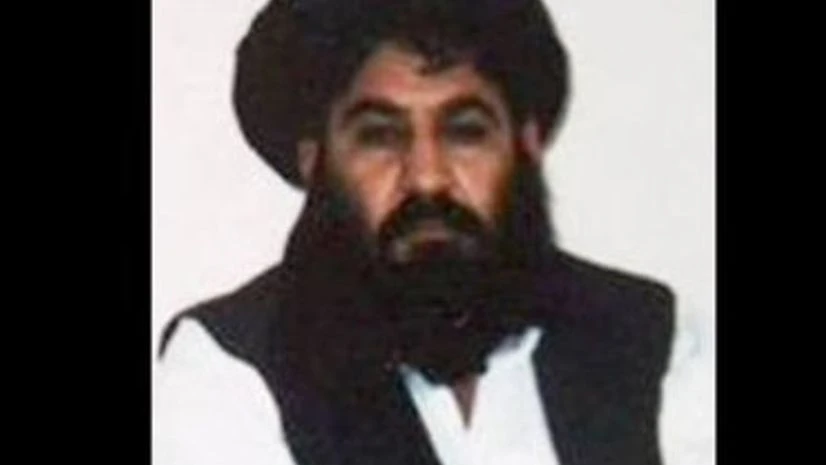The American drone strike killing Taliban leader Mullah Akhtar Mansour is a sign of the US' "exasperation" with Pakistan's "duplicitous game" as it has relied on the Taliban and the Haqqanis to protect its interests in Afghanistan and prevent India from increasing its influence there, an editorial in a leading daily said today.
"The United States has for years held off targeting senior Taliban leaders while they were inside Pakistan's Baluchistan province where Pakistan's powerful army has long protected them but President (Barack) Obama crossed that line by authorising the drone strike that killed the Taliban leader," the New York Times said.
The article 'What Happens After the Drone Strike?' said the attack was a "sign of American exasperation with Pakistan's duplicitous game of working with Washington to combat terrorism while sheltering the Taliban and its even more hard-line partners in the Haqqani network".
Also Read
"The Pakistanis have relied on the Taliban and the Haqqanis to protect their interests in Afghanistan and prevent India from increasing its influence there," the editorial said.
Pakistan, America's "supposed ally", had complained that the strike had violated its sovereignty and Mansour's killing is "certain" to worsen "already frayed" bilateral relations.
The editorial said that just like the American raid that killed Osama bin Laden in 2011 in a Pakistani town, Saturday's attack against Mansour "might not have been necessary had Pakistan cooperated in the first place and worked with the Americans to defeat the Taliban".
It said after Mansour replaced Mullah Muhammad Omar, the Taliban leader who died in 2013, the Americans and Afghans expected that Pakistan's security services would persuade him to help negotiate a political agreement with Afghanistan, which remains the only viable solution to the war.
"Mullah Mansour instead rejected peace talks and stepped up attacks on Afghan and American targets, enlarging the Taliban's territorial control and further destabilising Kabul's dysfunctional government," it said.
"The fact that Obama has now ordered an attack in Baluchistan, rather than the border region where Pakistan has tolerated previous American operations, raises a big question: Does he intend to expand the American mission in Afghanistan, now focused on training and advising Afghan forces and ensuring that Al Qaeda cannot rebuild?," the editorial said.
A "hopeful" possibility after the strike is that Mansour's successor Mawlawi Haibatullah Akhundzada and other Taliban leaders will now feel "more threatened" and so more "amenable" to peacemaking.
"The question to Obama is whether this killing is merely an end in itself or part of a strategy to drive Pakistan, America's supposed ally and Taliban leaders to the peace table," the editorial added.

)
